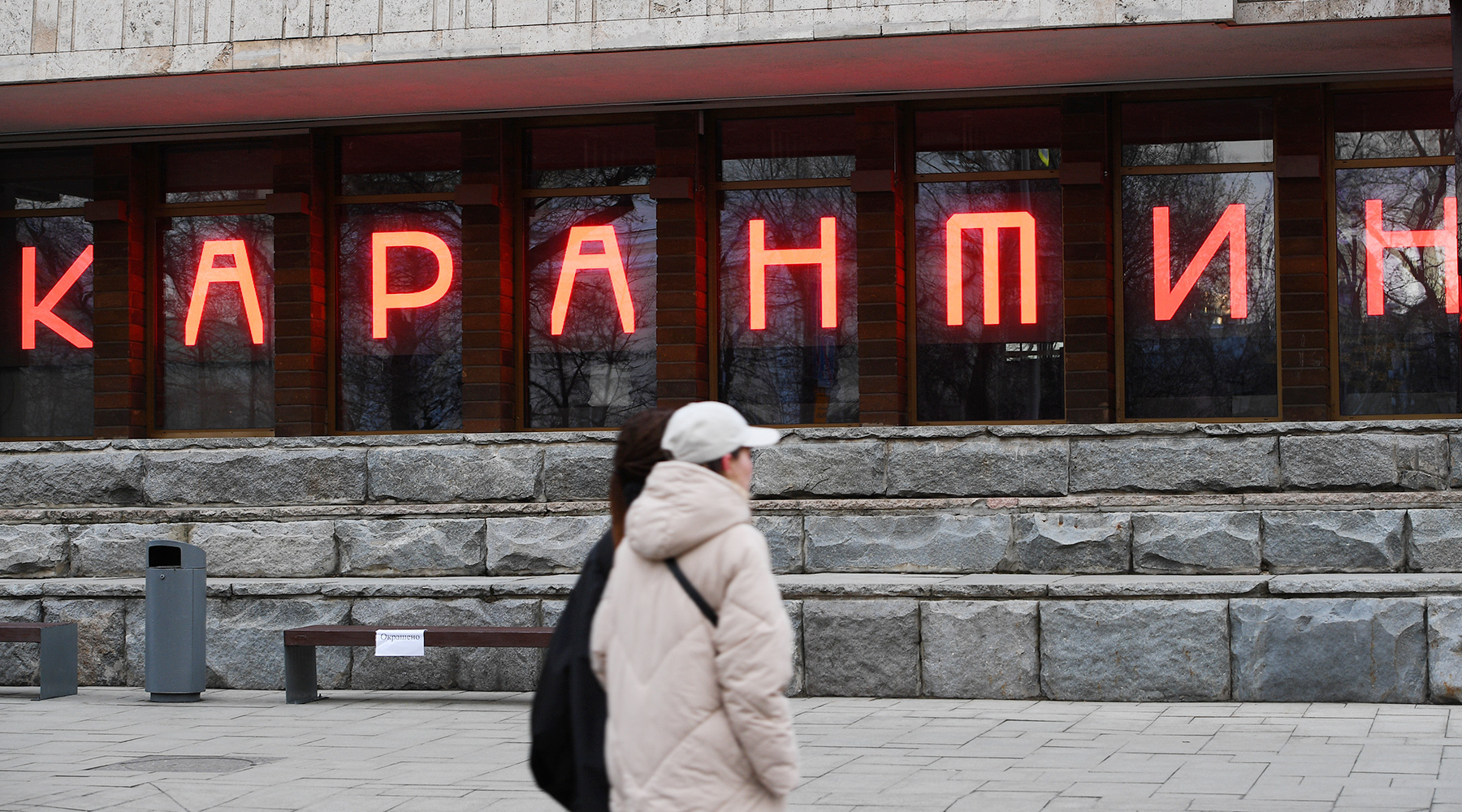On Tuesday, March 24, the Bank of Russia recommended that credit institutions take preventive measures to counter the spread of coronavirus. In particular, banks should limit the issuance and acceptance of cash at ATMs operating on the principle of recycling, the regulator said.
As explained in the Central Bank, the design of such machines provides for the acceptance of bills from one client and the issuance of the same banknotes to another without processing. As a result, the risk of spreading the infection increases.
“Before issuing cash to customers or loading them into ATMs and terminals, it is recommended that the banknotes be kept in a credit institution for a period that ensures guaranteed death of the virus,” the Central Bank added.
In its message, the regulator also recommended that financial institutions when working with clients pay their attention to alternative methods of payment. First of all, we are talking about online payments and cashless payments.
According to official data from the World Health Organization (WHO), the total number of coronavirus infected in the world is close to 335 thousand. At the same time, 495 cases of infection have been recorded in Russia today.
Against the background of the development of the situation with coroanvirus in Russia, the share of cashless payments may increase markedly. This point of view in the conversation was voiced by the chairman of the board of the nonprofit partnership “National Payment Council” Alma Obaeva.
“Due to the spread of infection, Russians are increasingly choosing non-cash payment. Two reasons contribute to this: consumer confidence that payment by contactless means is safer for their health in a pandemic, as well as the growth of orders on the Internet, as people are afraid to go to the store once again, even for groceries, ”the expert explained.
According to the latest estimates of the Central Bank, in Russia the share of non-cash payments in retail is already 63%. According to Oboeva, if the spread of the infection can be stopped within two months, in 2020 the figure will approach 68%. Moreover, if the quarantine measures are extended, the value will exceed 70%.
It is curious that coronavirus served as an impetus for the development of online sales. According to the Association of Internet Trading Companies (AKIT), in 2019, sales in the segment amounted to 2.09 trillion rubles. According to RT, the president of the association Artyom Sokolov, according to the results of 2020, the figure could reach 2.5 trillion rubles.
“The self-isolation mode generates additional traffic in the ordering system, especially in the segment of food products and children's goods. With about 70% of purchases, Russians pay already by bank transfer, and this figure is constantly growing. Therefore, along with fast delivery and a wide range, the ability to pay without the use of banknotes also positively affects the growth of online trading, ”said the expert.
- RIA News
- © Nina Zotina
In addition to the influence of coronavirus in the coming years, the share of cashless payments will continue to increase due to the development of contactless payment systems. This was told in an interview with RT by the director of customer service of BCS Premier Nikolai Sokolov. According to him, now in most retail outlets you can pay for goods using a smartphone, which makes the operation faster and more convenient, especially when making everyday purchases.
“Also, loyalty programs, which involve constant discounts, bonuses and favorable credit conditions, make their contribution. According to our forecasts, in 2020 the share of non-cash payment in the retail segment will be 70–75%, ”the expert notes.
According to Raiffeisenbank statistics provided by RT, 76.5% of Russians today prefer to pay for goods and services in a non-cash way. Most often, this method is chosen in Moscow (81.5% of consumers) and St. Petersburg (78.5%).
As Alma Obaeva notes, the number of cashless transfers will continue to grow due to the development of a quick payment system (SBP). The service allows customers to instantly transfer money by phone number. The program participants are 30 credit organizations.
“On April 1, the Central Bank decided to cancel the commission for banks for transfers, which has been in effect since the beginning of 2020. The grace period will last until mid-2022. This will allow banks to increase clientele loyal to the service and increase the share of cashless payments, ”the expert concluded.

